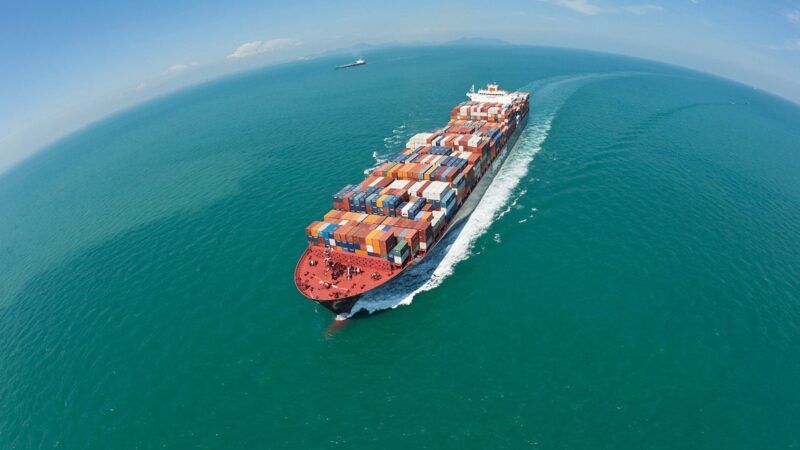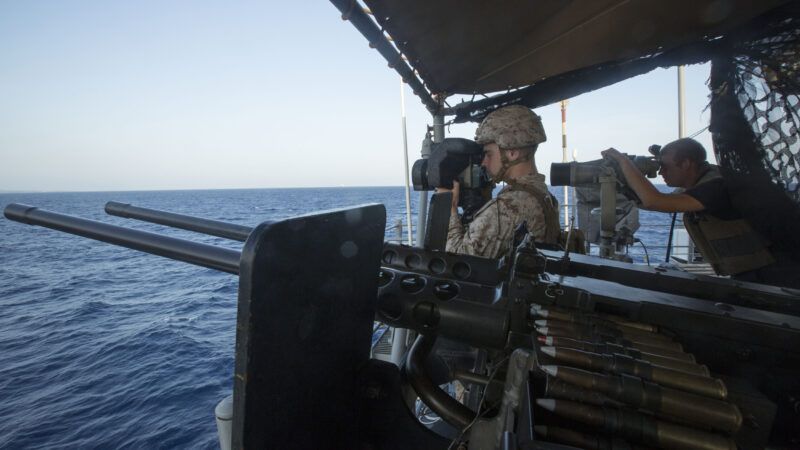 The European Commission has decided not to extend the CBER after concluding that it no longer promotes competition. (FP)
The European Commission has decided not to extend the CBER after concluding that it no longer promotes competition. (FP)
A new era after the end of the exemption block
25 April 2024 is the day set by the European Commission for shipping lines to stop benefiting from the Consortia Block Exemption Regulation (CBER). From that date, European shipping will move towards new, more transparent contracts between shipping lines and shippers, with a possible cascading effect in other parts of the world.
 The European Commission has decided not to extend the CBER after concluding that it no longer promotes competition. (FP)
The European Commission has decided not to extend the CBER after concluding that it no longer promotes competition. (FP)
THE RECC NO LONGER PROMOTES COMPETITION
The European Commission has decided not to extend the Consortia Block Exemption Regulation (CBER), which exempts liner shipping consortia from complying with antitrust rules. Brussels has taken the decision after gathering information on the functioning of this regulation and concluding that it no longer promotes competition in the maritime transport sector.
Commissioner Didier Reynders, responsible for competition policy, said: "Maritime transport services are crucial for European and world trade. This key sector has undergone significant structural changes, such as consolidation of shipping companies, global alliances and vertical integration, which have led to new market conditions, highlighted during the coronavirus pandemic. Our assessment indicates that a specific block exemption for shipping lines is no longer adapted to these new market conditions. For this reason, we have decided not to extend the current regulation and to let it expire on 25 April 2024."
In a statement, the European Commission has indicated that "given the small number and profile of consortia falling within the scope of the ECCN, this Regulation brings limited compliance cost savings for carriers and plays a secondary role in the development of a new market for shipping lines.” Moreover, in the text, Brussels adds that "during the assessment period, the BER no longer allowed smaller carriers to cooperate with each other and to offer alternative services in competition with larger carriers."
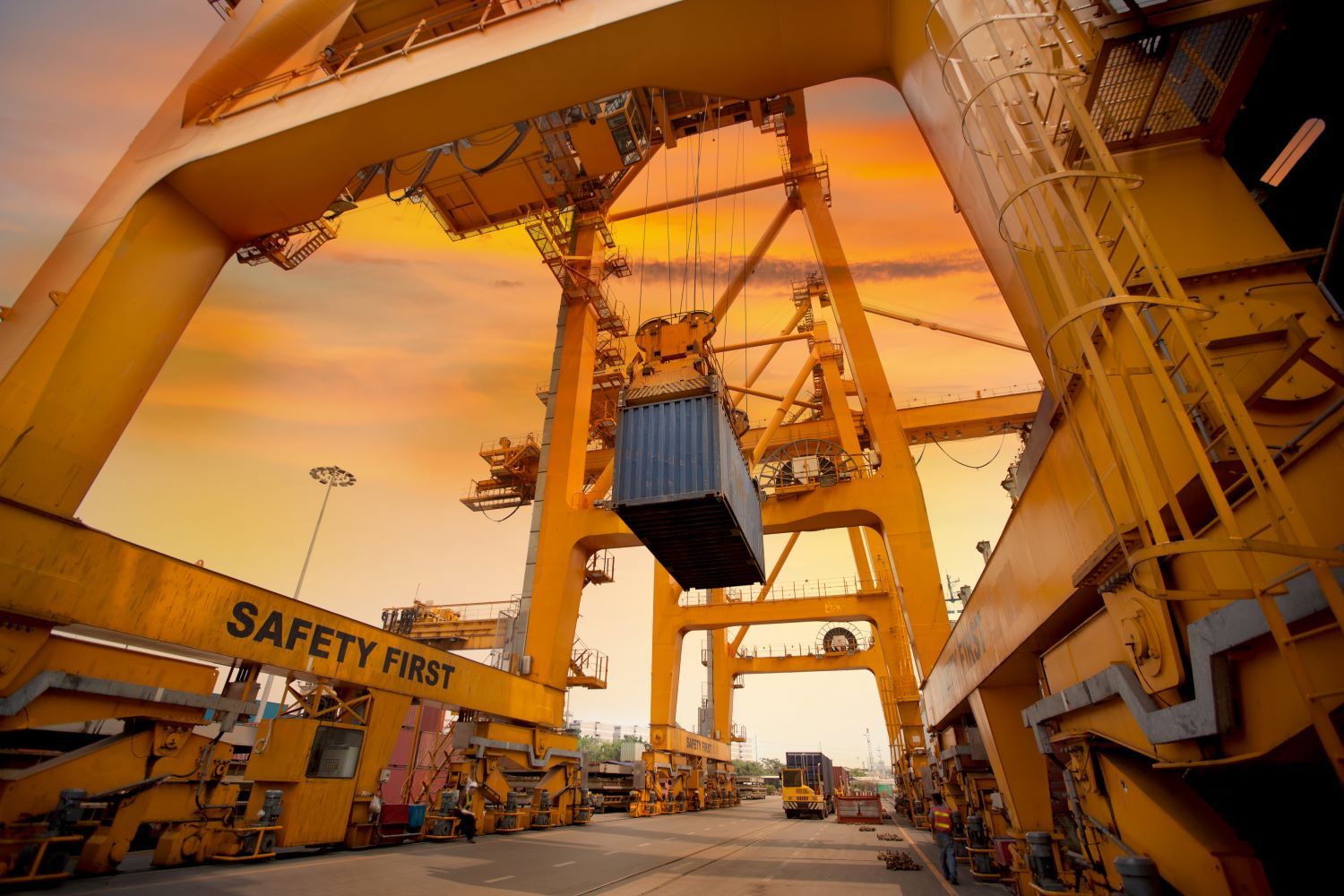
THE START OF A NEW ERA
The end of the RECC is a long-standing demand of shippers. "It is a regulation that does not benefit the citizen, but only the shipping companies, who are allowed to organise themselves into oligopolies over which the European Union has no control," says Jordi Espín, secretary general of TRANSPRIME - Spanish Shippers' Council and member of the Global Shippers’ Alliance.
"Over the last decade, the number of global shipowners has been decreasing through mergers and acquisitions, which has made them more powerful, leading to a situation of concentration," agrees Carles Mayol, head of the Port of Barcelona's Container Division.
The end of this privilege marks the beginning of a new era in which "it is likely that new contracts will be signed between shipping lines and shippers," Espín points out. "Until now, contracts had no power to be enforced because the only determining factor was the price, but from 25 April these will have to be more transparent because shipping companies will be obliged to justify the level of greenhouse gas emissions of the products transported," adds the expert.
As a consequence, Espín predicts a rise in transport costs, but also a further decarbonisation of maritime transport. Furthermore, the TRANSPRIME spokesperson points out that the European Commission's decision could have a cascading effect in other parts of the world, causing more countries to end these exemptions and accentuating the European Union's leading position towards greener shipping.
For his part, Mayol highlights the existence of a mismatch between supply and demand for maritime transport, with an excess of vessels in a context of shrinking demand.
In his opinion, "this reality, which has already led to an increase in blank sailings (voyage cancellations), will lead shipowners to implement differentiated strategies (such as door-to-door service) and to potentially restructure current alliances. The expert also foresees an increase in investments in vessels, port and transport infrastructures, sustainability, energy transition and digitalisation.
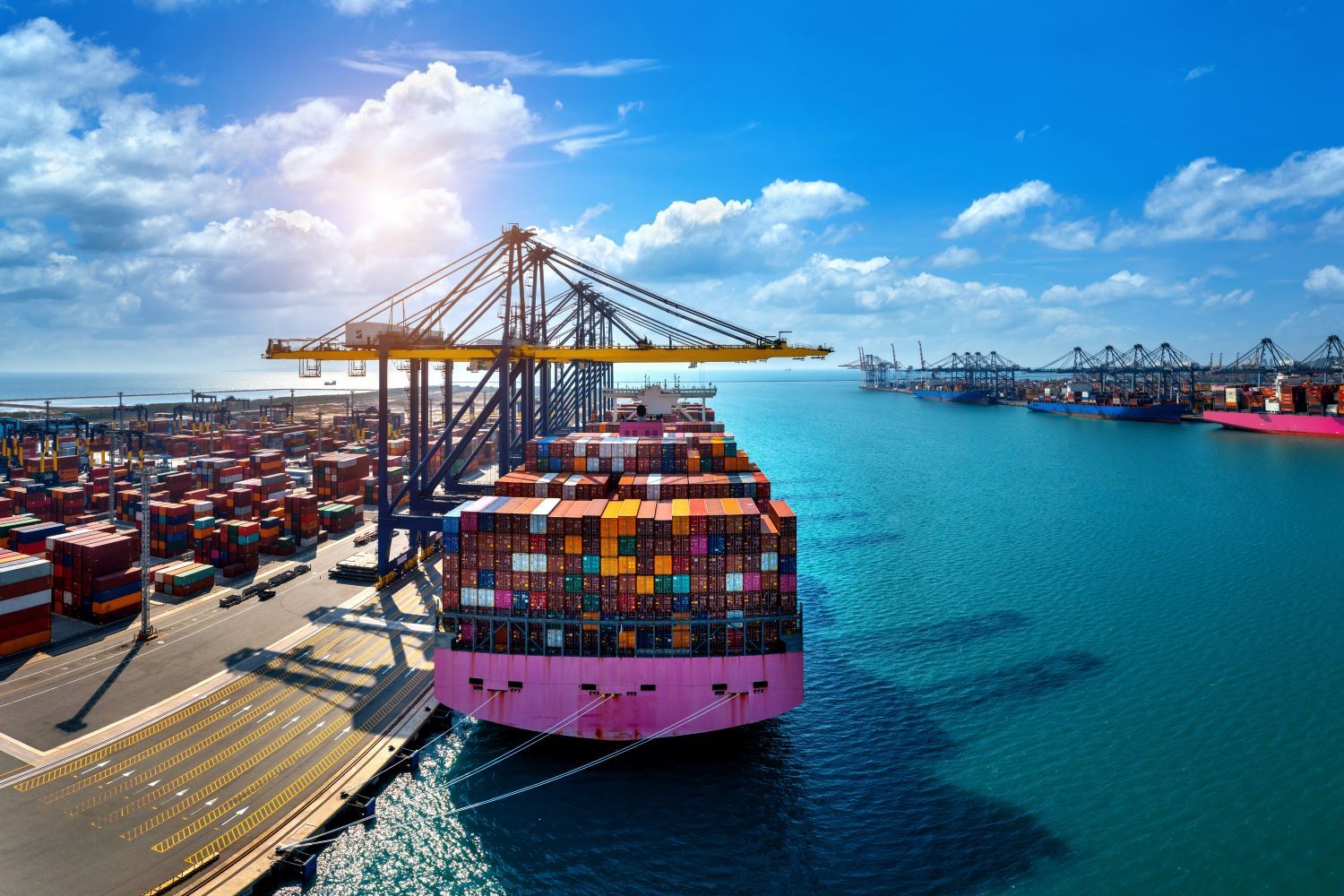
ESPO CALLS FOR A NEW REGULATORY FRAMEWORK
The European Sea Ports Organisation (ESPO) has issued a statement saying that "practices in recent years have shown that the original objectives set out by the Consortia Regulation are not being met" and that "benefits have not always been shared fairly". In this sense, the entity asks the European Commission for "a thorough reconsideration of the European legislative framework to "ensure a European legislative framework that safeguards and enables fair competition and a level playing field in the maritime and logistics sector".
This new legislative framework that ESPO is calling for must respond to the changes that the sector has undergone in recent years. According to the organisation, "the sector has experienced a sharp decline in the reliability of many maritime services, as well as a massive increase in costs, which has caused some large distributors to try to establish and organise their own maritime services and, in some cases, even induce a modal shift to alternative modes of transport".
In parallel, ESPO wishes to draw the attention of the European Commission to "the new situation whereby shipping lines are pursuing their inland expansion plans and, as a result, are acquiring an increasingly dominant position in the logistics and supply chain."
In the organisation's view, "this vertical integration, driven by the current market conditions and the advantageous tax climate for shipping lines, combined with their already very strong market position due to past and current concentrations in the sector, could further undermine a fair balance of power and a level playing field in the sector."
ESPO therefore calls on the Commission not only to reconsider consortia agreements between shipping lines, but also to critically assess the vertical integration of shipping lines and its impact on the level playing field in the sector.
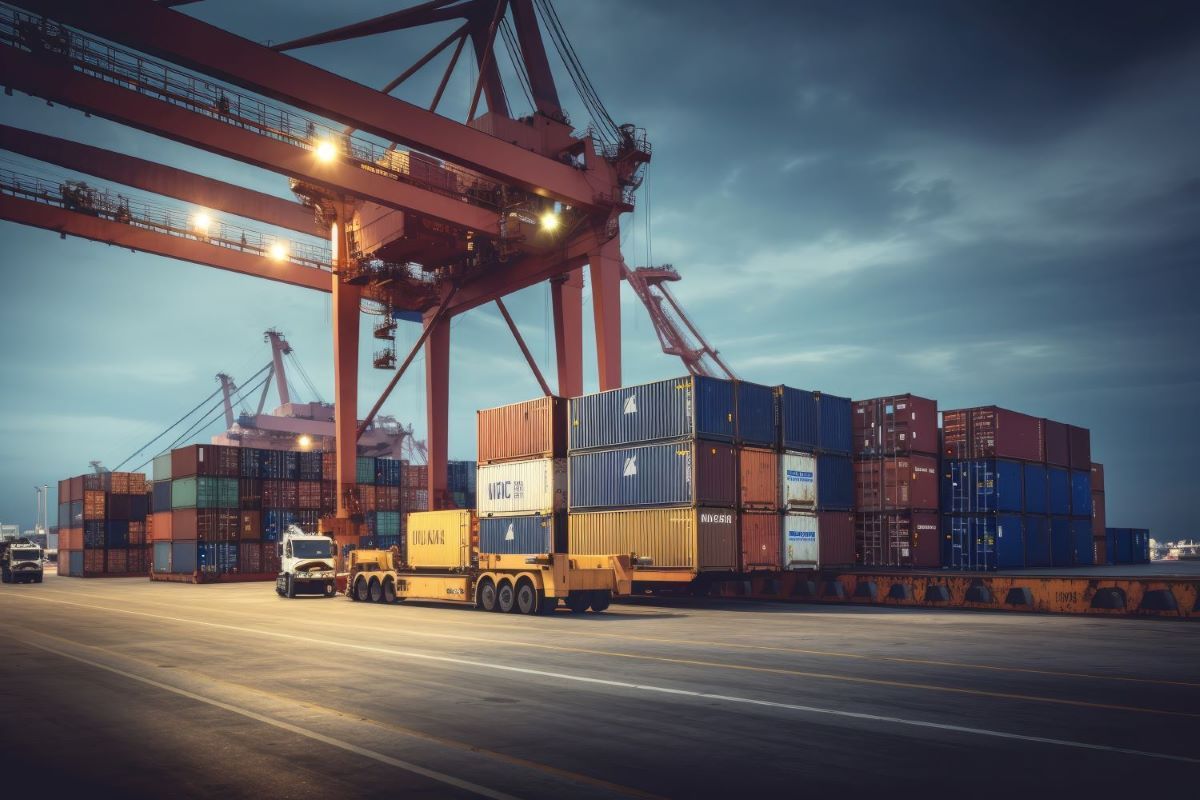
THE CONSORTIA BLOCK EXEMPTION REGULATION
The Treaty on the Functioning of the European Union prohibits agreements between undertakings which restrict competition. However, the same treaty allows that certain agreements may be declared compatible with the internal market provided that they contribute to improving the production or distribution of goods or to promoting technical or economic progress. Such agreements must also reserve to users a fair share of the resulting benefits and must not eliminate competition.
In order to specify the specific conditions for such an exemption, in 2009 the European Commission adopted the ECJR (Commission Regulation (EC) No 906/2009), which provides the framework for the Consortia Block Exemption Regulation (CBER). Since that year, the CBER allows shipping companies, under certain conditions, to enter into cooperation agreements to provide joint freight transport services, also known as consortia.
At that time, the European Commission adopted the CBER on the understanding that liner shipping services require large investments and are therefore normally provided by several shipping companies cooperating through consortia. In this respect, Brussels ruled that consortia can facilitate economies of scale and a better use of vessel space, which in turn can benefit the users of shipping services in the form of better port coverage and improved services.



